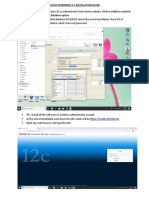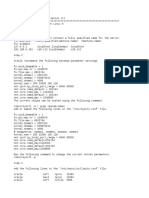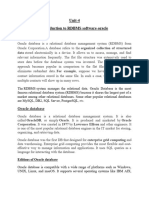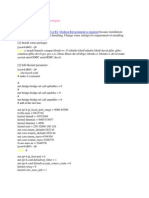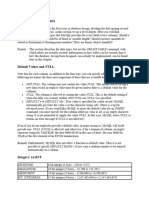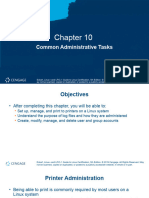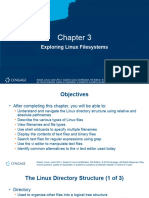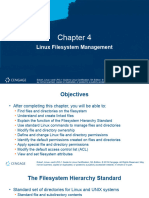0% found this document useful (0 votes)
38 views7 pages19c Installation Script
The document provides a detailed installation script for Oracle Database 19c on Oracle Linux 7, including steps to configure the environment, install necessary packages, and set up directories. It also outlines manual steps for unzipping the database files, creating a listener, and configuring the database. Additionally, it includes commands for managing users and schemas, as well as configuring Enterprise Manager Database Express.
Uploaded by
Stephen EfangeCopyright
© © All Rights Reserved
We take content rights seriously. If you suspect this is your content, claim it here.
Available Formats
Download as TXT, PDF, TXT or read online on Scribd
0% found this document useful (0 votes)
38 views7 pages19c Installation Script
The document provides a detailed installation script for Oracle Database 19c on Oracle Linux 7, including steps to configure the environment, install necessary packages, and set up directories. It also outlines manual steps for unzipping the database files, creating a listener, and configuring the database. Additionally, it includes commands for managing users and schemas, as well as configuring Enterprise Manager Database Express.
Uploaded by
Stephen EfangeCopyright
© © All Rights Reserved
We take content rights seriously. If you suspect this is your content, claim it here.
Available Formats
Download as TXT, PDF, TXT or read online on Scribd
/ 7





























